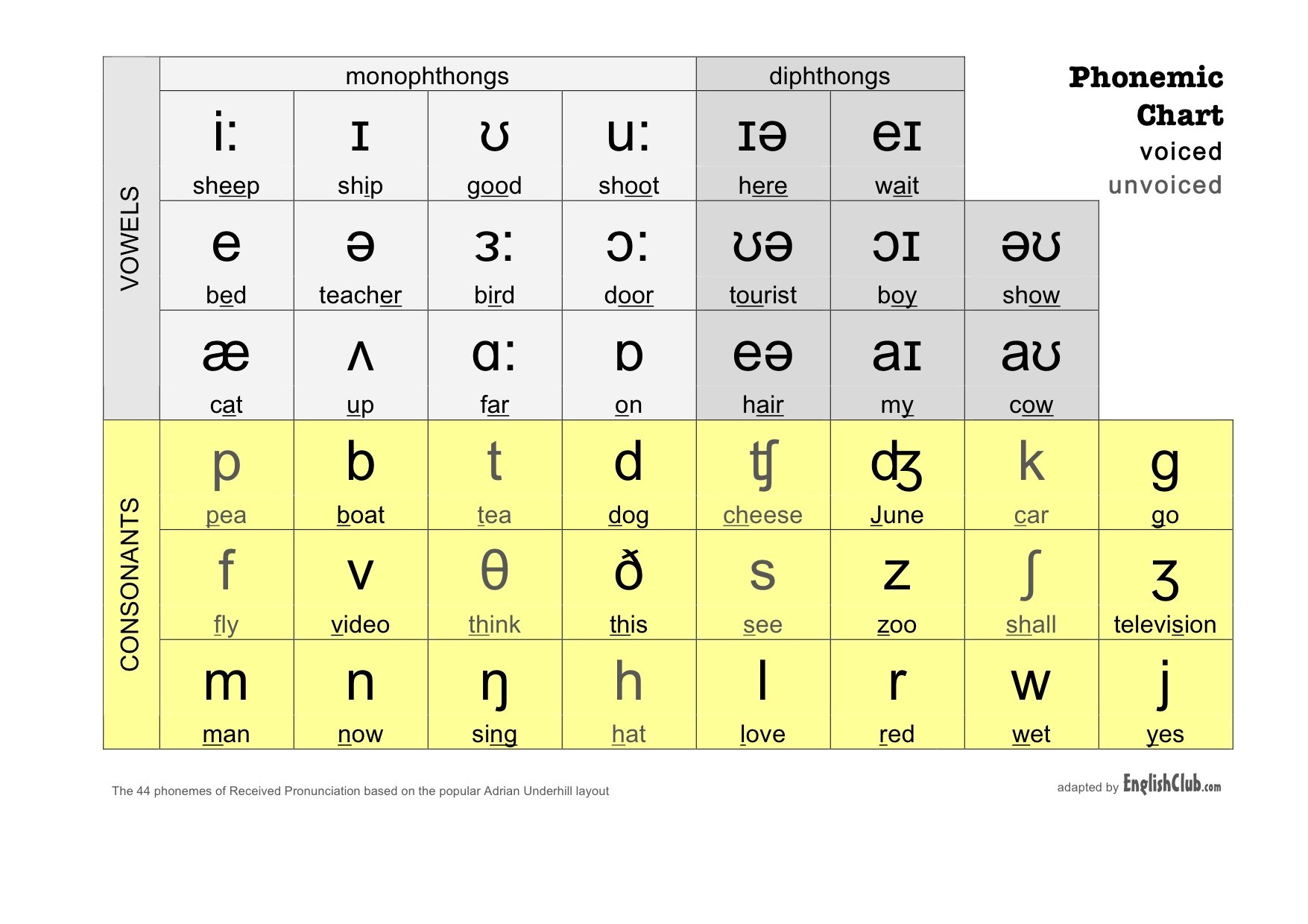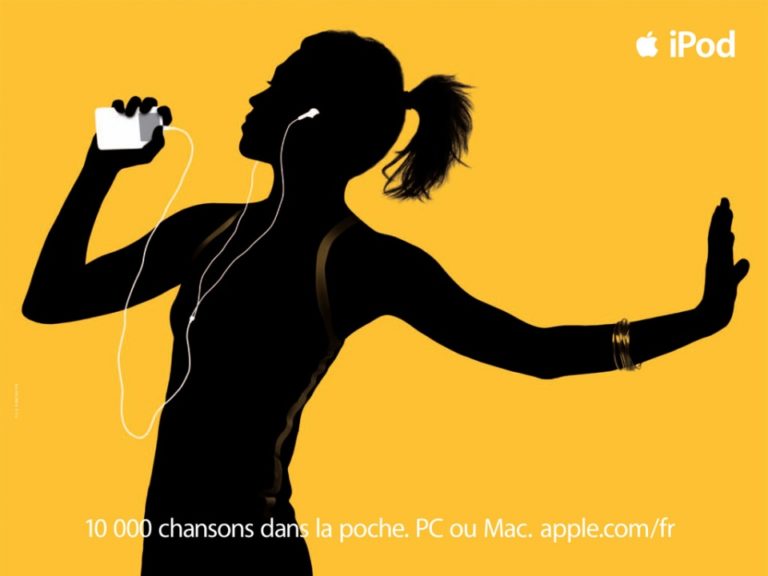
- What industry do you work in and what is your role?
- What are your responses in your role / position?
- Can you describe to the function of your workplace / company?
- How many departments, how many offices. National or International?
- What are the minimum requirements for employment ie Education or Experience?
- How many opportunities are there to ‘move up the ladder’?
- What is the process for changing job roles ie Interview? Test?
- Current projects? Deadlines? Opportunities?
- Anything of interest happening?
1.
Wordle, the viral phenomenon that has got hundreds of thousands of us sharing green and yellow emoji squares on social media every day, has been bought by the New York Times. So how did such a simple concept become such a huge hit?
Welcome to Wordle, the free online daily word game that has reportedly amassed millions of players since its inception just four months ago. For many, it has become a daily obsession, some staying up at night to get their fix first thing.
2.
The appeal is in its simplicity: pick a five-letter word, any five-letter word, and start from there. If any letters turn green, they’re correct and in the right place. Yellow = right letter, wrong place; grey means try again. Six goes to get to the word of the day, and that’s it. No hints or cheats. You get your next game when the clock strikes midnight.
3. It all started with a software engineer who wanted to create a simple game for his partner – which has now been bought by The New York Times for a seven-figure sum. Living in a digital world in which we are bombarded by adverts, requests for data and downloads, Wordle is so simple even the biggest luddites can easily get to grips with it. It is also free. And it has created an online community, one in which players can easily share and discuss their results on social media spoiler-free, thanks to a simple emoji grid, so there’s no danger of ruining that day’s game for anyone else.
 Wordle has joined The New York Times for a seven-figure sum
Wordle has joined The New York Times for a seven-figure sum

Do you play any brain games for example; Sudoku Chess Crosswords? Do you play them socially or alone?
4.
The green, yellow and grey emoji squares tell a story – all green on the second attempt (or even first for some) is pretty much down to luck, but those who do the rounds through a series of yellows and greens to get the right answer are using all their Wordle skills to get there.
5.
Those who have played that day’s game can decipher others’ emoji results codes to see how they did it. It is also refreshing, when most other apps and games created to addict, that Wordle will only take a few minutes of your time. It always leaves you wanting more.
How to be a good Wordler
6.
Some players have Wordle strategies. Start with the same word every day and one day, like the infinite monkey theorem (that a monkey hitting keys at random for an infinite amount of time will one day type the complete works of Shakespeare), your word will come up first time. And it’s good to start with a word with lots of the most common letters – mine is TEARS, if you were wondering – as they’re most likely to come up.

Do you think they improve your cognitive abilities? Why, why not?
7.
There has even been talk of some players having spreadsheets keeping note of all the words that have been played so far, so they know which ones to avoid. Also, remember US spellings aren’t always the same as in the UK (as many British players found out the hard way with FAVOR).
Wordle origins
8.
The game was started by Josh Wardle, a software engineer from Brooklyn, New York. Originally created for his partner, Palak Shah, he released it to the public in October. On 1 November, only 90 people had played it. Within two months that number had grown to 300,000, and it continues to snowball. According to The New York Times (NYT), the viral phenomenon now has millions of players.
9.
Announcing the newspaper’s takeover, Mr Wardle tweeted to say Wordle had become “bigger than I ever imagined (which I suppose isn’t that much of a feat given I made the game for an audience of 1)”. He said it had been “incredible” watching the game grow in popularity but also “a little overwhelming”, hence his decision to sell.





